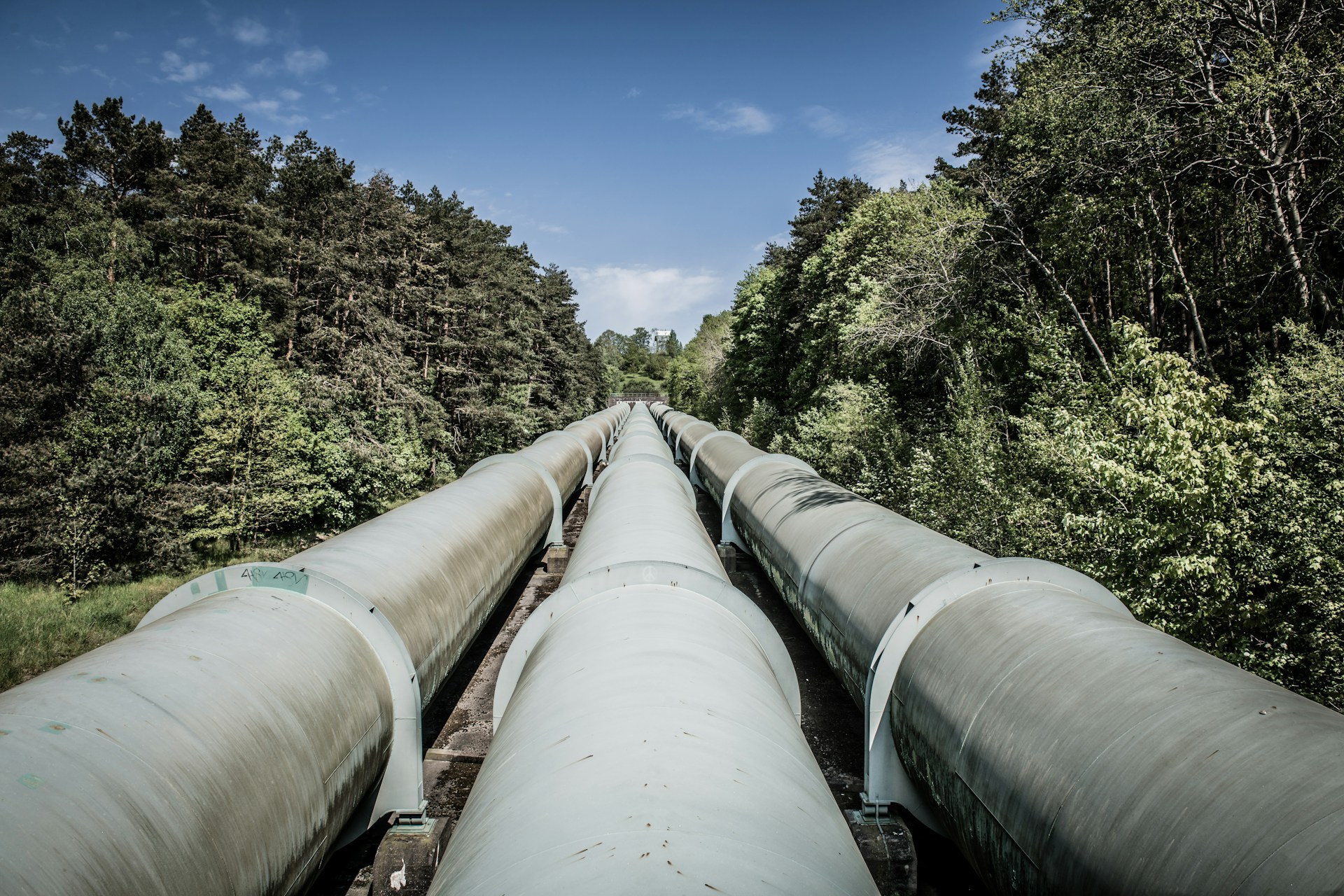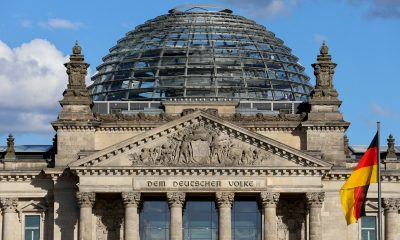Impact Investing
EnBW Invests €1 Billion in National Hydrogen Network
EnBW is investing €1 billion to develop a national hydrogen transport network in Germany with 9,666 kilometers of pipelines by 2032 to support the country’s decarbonization goals. The project includes converting existing natural gas pipelines and building new ones and aims to position Germany as a leader in the hydrogen economy, reduce reliance on fossil fuels, and create new market opportunities.

EnBW, a major player in the German energy sector, is investing €1 billion in the development of the national hydrogen transport network. This network, designed to transport both locally produced and imported hydrogen, is crucial for reducing Germany’s reliance on fossil fuels.
Download the free Born2Invest news app for more of the latest crowdfunding news.
EnBW Planning and Approval Process
The industrial association FNB Gas, representing gas network operators, has submitted a national planning request to the Bundesnetzagentur (Federal Network Agency). This project plans to construct 9,666 kilometers of pipelines by 2032, with a total estimated cost of €19.7 billion. These pipelines will transport 278 terawatt-hours (TWh) of hydrogen annually, approximately one-third of Germany’s gas consumption in 2021.
EnBW Hydrogen Network Objectives and Planning
The German energy regulator, Bundesnetzagentur, has received FNB Gas’s detailed plans, which include converting existing natural gas pipelines to hydrogen pipelines and building new infrastructure. Regulatory approval is expected in September 2024, with construction slated to begin in 2025. Germany aims to position itself as a leader in the hydrogen economy in Europe.
Limited wind and solar energy resources in Germany compel the country to import around 70% of its future hydrogen from regions capable of producing it abundantly and at low cost. Thus, this national hydrogen network project fits into a broader energy transition strategy to decarbonize the economy.
Funding and Outlook
The funding for this infrastructure will be managed through amortization accounts, spreading costs across multiple generations. Network operators will invest from their own balance sheets and recoup expenses mainly through network fees, with the potential to attract investment from financial markets. About 60% of the infrastructure projects involve converting existing natural gas pipelines to transport hydrogen, while new pipelines will also be constructed.
EnBW, along with its subsidiaries VNG and terranets, plans initial investments to connect regional transport lines in eastern and southwestern Germany. These investments will then extend beyond these regions to create an integrated and efficient network for hydrogen transport.
Economic and Environmental Impact of Hydrogen Network
Hydrogen, when produced by electrolysis using renewable electricity, represents a clean alternative to fossil fuels. Given Germany’s limited wind and solar resources, the country plans to import around 70% of its future hydrogen from regions where it can be produced in abundance and at low cost.
The hydrogen network project is integral to Germany’s efforts to meet its climate goals and reduce its dependence on fossil fuels, while promoting the transition to a low-carbon economy. The initiative also offers new market opportunities for investors and businesses in the energy sector.
EnBW and its subsidiaries play a key role in this project, with plans to convert existing pipelines and build new infrastructure to create an efficient and integrated hydrogen transport network. Berlin Gasag’s involvement, including the conversion of 60 kilometers of city gas pipelines to hydrogen, underscores the national commitment to this transition.
This ambitious project marks a significant step toward decarbonizing the German economy. The construction of the hydrogen network, expected to start in 2025, is a crucial phase in this transition. EnBW’s investment in this national project highlights the strategic importance of hydrogen for Germany’s energy future.
__
(Featured image by Wolfgang Weiser via Unsplash)
DISCLAIMER: This article was written by a third party contributor and does not reflect the opinion of Born2Invest, its management, staff or its associates. Please review our disclaimer for more information.
This article may include forward-looking statements. These forward-looking statements generally are identified by the words “believe,” “project,” “estimate,” “become,” “plan,” “will,” and similar expressions. These forward-looking statements involve known and unknown risks as well as uncertainties, including those discussed in the following cautionary statements and elsewhere in this article and on this site. Although the Company may believe that its expectations are based on reasonable assumptions, the actual results that the Company may achieve may differ materially from any forward-looking statements, which reflect the opinions of the management of the Company only as of the date hereof. Additionally, please make sure to read these important disclosures.
First published in energynews. A third-party contributor translated and adapted the article from the original. In case of discrepancy, the original will prevail.
Although we made reasonable efforts to provide accurate translations, some parts may be incorrect. Born2Invest assumes no responsibility for errors, omissions or ambiguities in the translations provided on this website. Any person or entity relying on translated content does so at their own risk. Born2Invest is not responsible for losses caused by such reliance on the accuracy or reliability of translated information. If you wish to report an error or inaccuracy in the translation, we encourage you to contact us

-

 Crypto5 days ago
Crypto5 days agoTariff Turmoil Sends Bitcoin and Ethereum Lower as Crypto Markets Face Mounting Pressure
-

 Markets2 weeks ago
Markets2 weeks agoMarkets, Jobs, and Precious Metals Show Volatility Amid Uncertainty
-

 Crypto2 days ago
Crypto2 days agoEthereum Outlook: Key $2,190 Resistance, Whale Accumulation, and Buterin’s Push for True DeFi
-

 Cannabis1 week ago
Cannabis1 week agoAI Can Mimic Psychedelic Experiences but Cannot Truly Feel Them, Study Warns

























